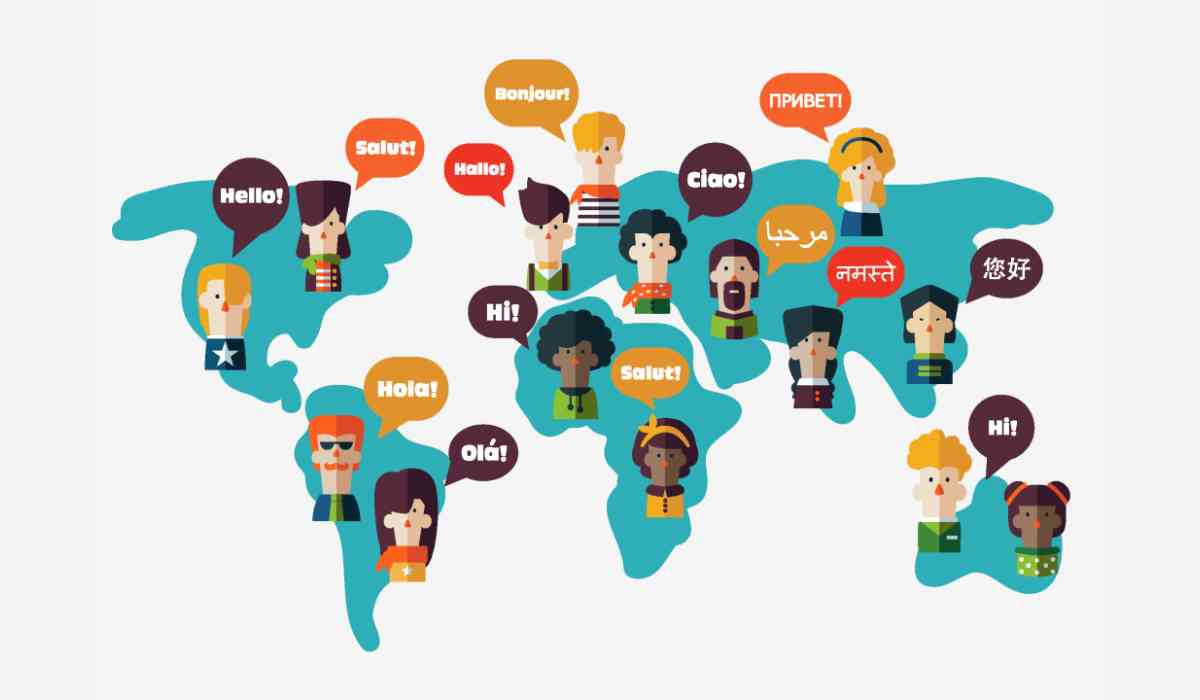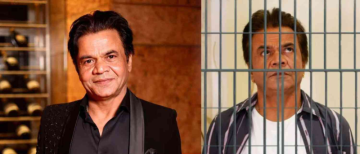Language is like a game of telephone—meanings change so often that it’s a wonder we understand each other at all. One minute, a word means something specific, and the next, it's off on a wild tangent, leaving us scratching our heads and wondering what happened.
Back in the day, calling something "awful" meant it was jaw-droppingly amazing. Picture a sunset so stunning it makes you say "Whoa!" That's "awful" in the olden days. Meanwhile, "naughty" wasn't about misbehaving—it just meant you were broke. And don't get started on "curate." Once reserved for highbrow museum exhibits, now everyone curates everything from outfits to Instagram feeds. And “bimbo”? It used to describe a reckless dude. Now it's a controversial term for a young woman, with recent attempts at a feminist makeover.
Some of these changes are just harmless fun, but others are more problematic. The real kicker comes when we lose those sharp, precise words we need to make sense of the world around us. Imagine trying to communicate without the exact right word – it’s like trying to eat soup with a fork!
A recent study in The Philosophical Quarterly has thrown light on how words like "woke" and "gaslighting" have evolved in ways that mess with our linguistic mojo. According to the study, words such as "woke," "depression," "gaslighting," and "emotional labor" have drifted so far from their original meanings that we’re left floundering, unable to communicate effectively.
Dr. Robert Morgan, a big brain at the University of Leeds’s Interdisciplinary Ethics Applied (IDEA) Centre, calls this mess "hermeneutical disarmament." Yeah, it sounds fancy, but it basically means we've disarmed ourselves in the battle of words by letting meanings slip and slide.
So, what’s the big deal? Why does it matter if we use words that have strayed from their original meanings? Turns out, it can mess up our communication and our understanding of the world, leaving us more confused than ever.
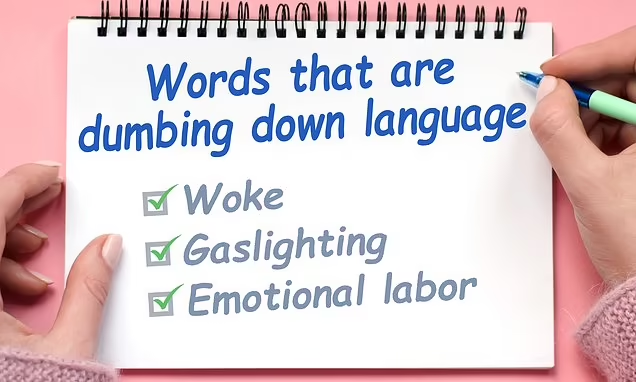
Woke
Original Meaning: Back in the day, "stay woke" wasn't just a catchy phrase; it was a lifeline. Lead Belly, the Blues singer, coined it in the 1930s to warn African Americans about the dangers lurking in the Jim Crow South. It was a reminder to stay vigilant against the pervasive threat of racism.
Current Use: Fast forward to today, and "woke" has taken quite the journey. From shining a light on racial injustice to becoming a catchphrase for progressiveness, it's now caught in a whirlwind of confusion. Right-wing commentators have even hijacked it to mock social awareness. We've gone from a word of empowerment to a tool of division.
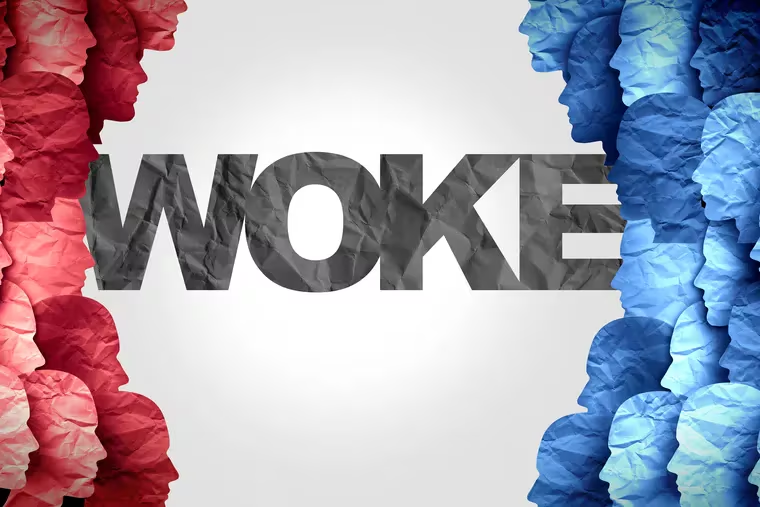
Gaslighting
Original Meaning: Picture this: a dimly lit room, a husband, and his wife. In Patrick Hamilton's play "Gas Light" from 1938, the term "gaslighting" was born. It described a manipulative tactic where the husband tries to make his wife doubt her own sanity by messing with the gas lights, all to serve his own agenda.
Current Use: But now, "gaslighting" has taken on a life of its own. It's no longer confined to the stage; it's seeped into our everyday vocabulary. Politicians, journalists, and even social media users throw it around to accuse others of lying or misleading. We've diluted its potency, making it harder for those experiencing real emotional abuse to recognize it.
![]()
Emotional Labour
Original Meaning: Arlie Hochschild gave us the term "emotional labour" in the 1980s to describe the unseen effort put in by service workers, like waiters, to manage their emotions for the comfort of others. It was about smiling through exhaustion and keeping up appearances, often at great personal cost.
Current Use: But somewhere along the way, we lost sight of what "emotional labour" really meant. Now, it's tossed around on social media to describe everything from housework to organizing social events. We've broadened its scope so much that the original struggle of service workers is often forgotten. It's time we reclaim its true meaning and acknowledge the real emotional toll it takes.
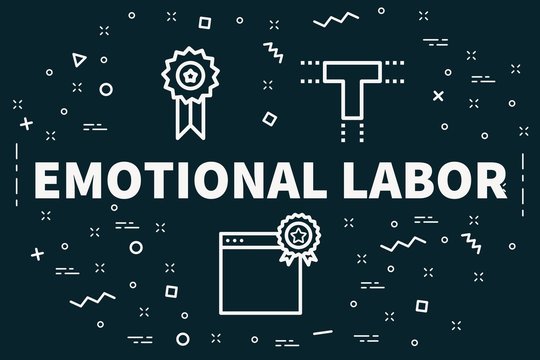
The inability to communicate
Language isn’t just fancy talk; it’s our toolbox for making sense of the world. But when we’re missing the right words, it’s like trying to explain TikTok to your grandma.
Take Wendy Sanford's ordeal. Poor Wendy suffered through postpartum depression without even knowing it had a name. It’s like fighting a dragon without knowing it’s a dragon—just feels like a really bad Tuesday. But when she stumbled upon “postpartum depression,” it was like turning on the lights in a dark room. Suddenly, she wasn’t failing at motherhood; she was battling a legit medical thing.
When the meanings of specific terms evolve or become diluted, our ability to communicate and understand ideas or experiences diminishes. This phenomenon, which I refer to in my research as "hermeneutical disarmament," can hinder effective discourse.
An example of this is the term "woke," originally denoting social awareness, particularly regarding racial injustice. When "woke" is diluted to simply mean "socially liberal," it loses its potency in conveying a vigilant awareness of systemic racism.
Then there’s emotional labor—it's like the invisible work ninjas do. The concept of "emotional labor" loses its depth when it is reduced to any emotionally taxing work, erasing the specific challenges faced by individuals, typically women, in managing their emotions in certain roles.
And let’s not forget about gaslighting—it’s not just lying; it’s like lying on steroids. When "gaslighting" is equated with mere lying, the gravity of this form of psychological manipulation is diminished, potentially undermining efforts to support victims and combat such abuse effectively.

The Importance of Linguistic Change
Now, I know what you’re thinking: changing language sounds like a recipe for disaster. But sometimes, it’s like giving your vocab a makeover
While hermeneutical disarmament may initially seem negative, altering language can sometimes be beneficial.
A prime example is the evolving definition of "marriage." Previously reserved for exclusively heterosexual unions, the legalization of same-sex marriage broadens its scope, dismantling the notion that heterosexual relationships are inherently superior. This linguistic shift is a victory for marginalized communities, combating unjust discrimination.
Similarly, reclaiming derogatory terms can disarm hate speech. Take "queer," once a weapon against LGBTQ+ individuals. Through community reclamation, its pejorative power diminishes, rendering it ineffective for those who seek to harm.
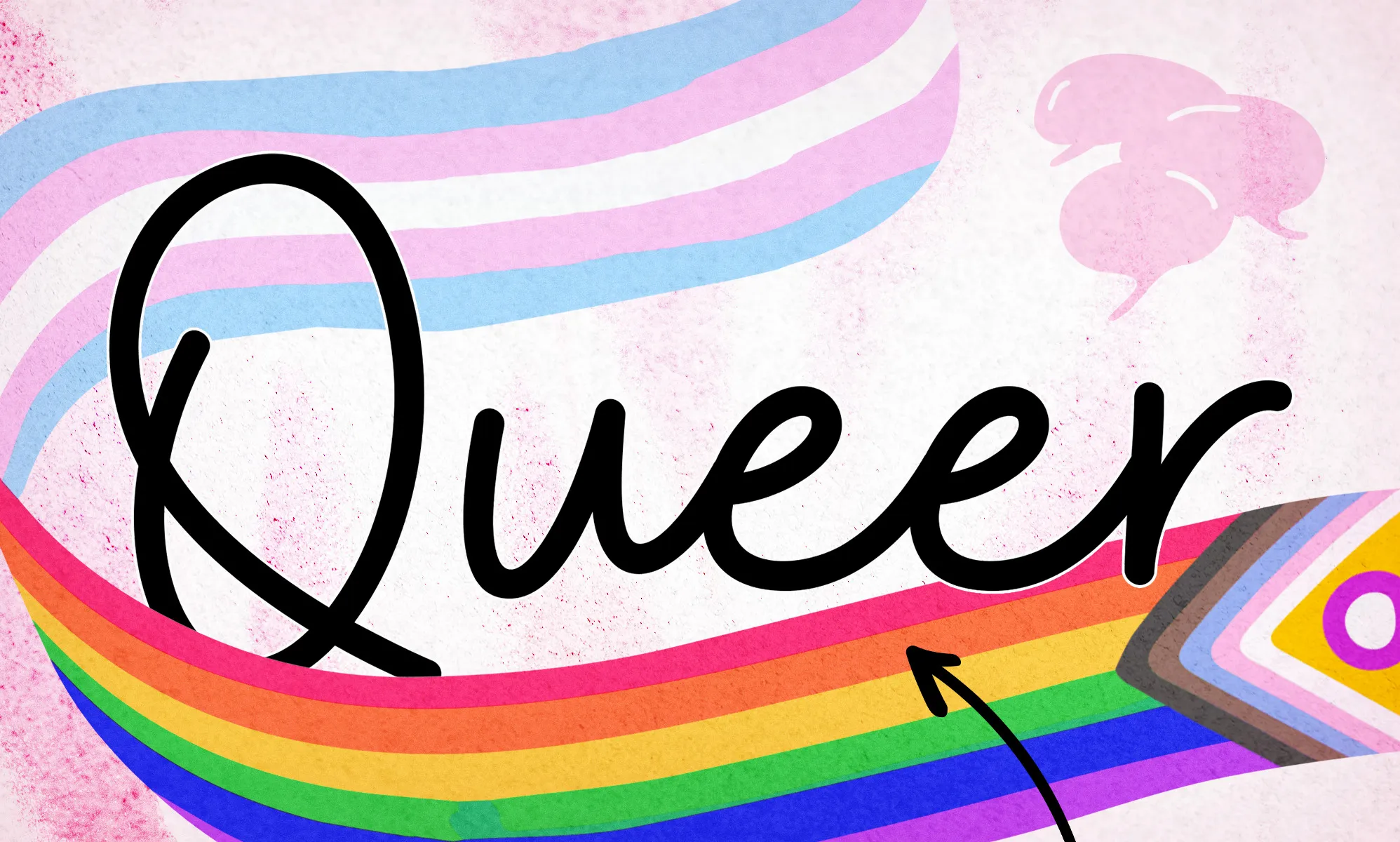
What can we do?
Predicting and controlling linguistic evolution is challenging. However, certain individuals wield considerable influence in shaping language development. Journalists with wide-reaching platforms and social media "influencers" play pivotal roles. By introducing and endorsing specialized terminology, they can preserve or redefine its original meaning.
When employing precise language, it's essential for journalists, influencers, and others to accurately convey its intended significance. This ensures that linguistic evolution aligns with positive social progress.
With inputs from agencies
Image Source: Multiple agencies
© Copyright 2024. All Rights Reserved Powered by Vygr Media.

